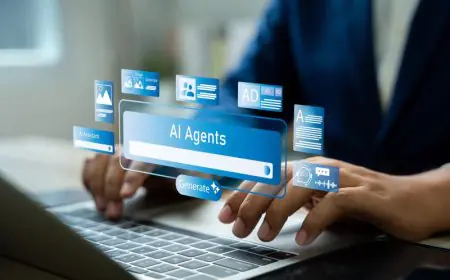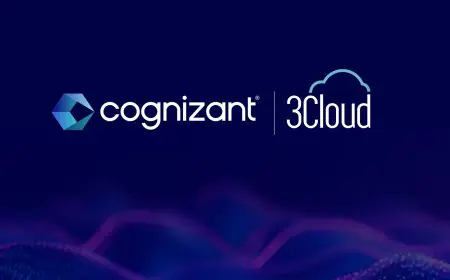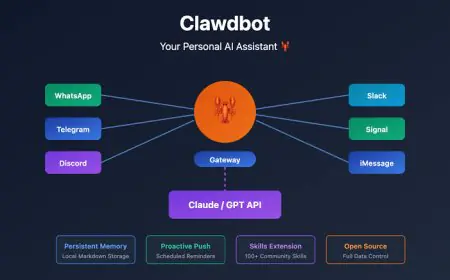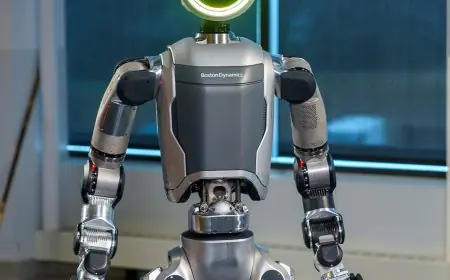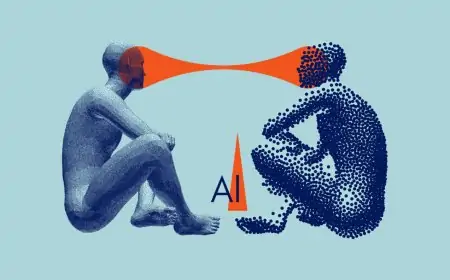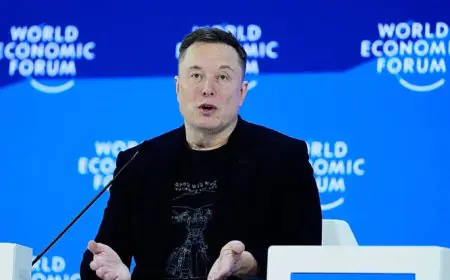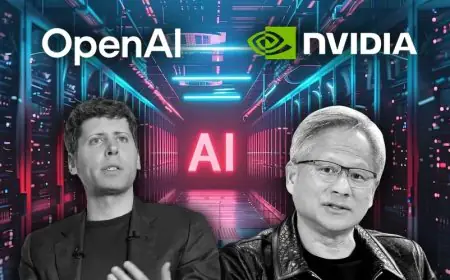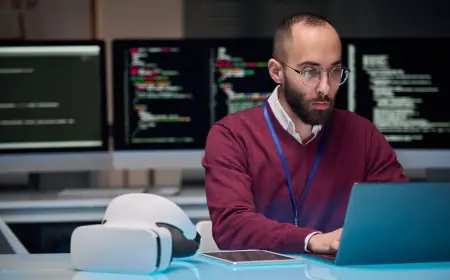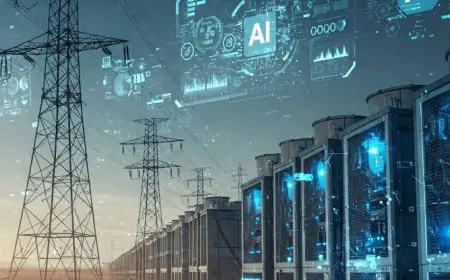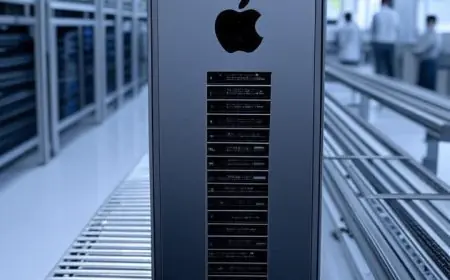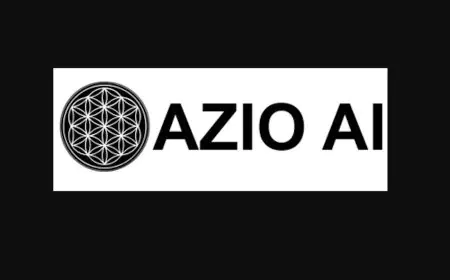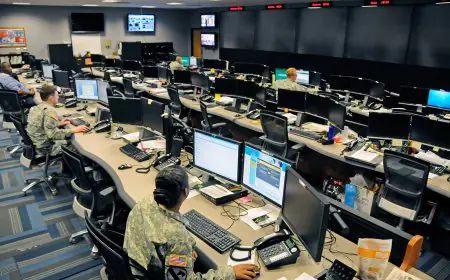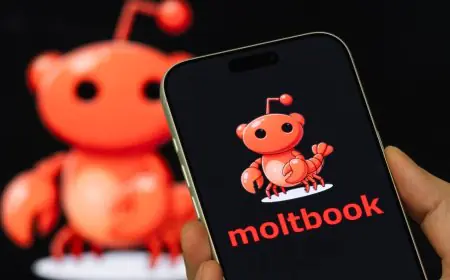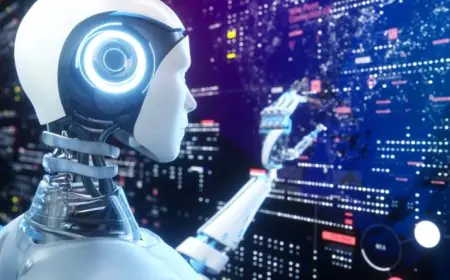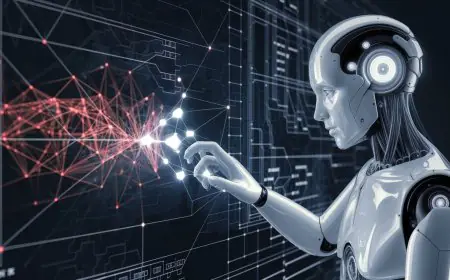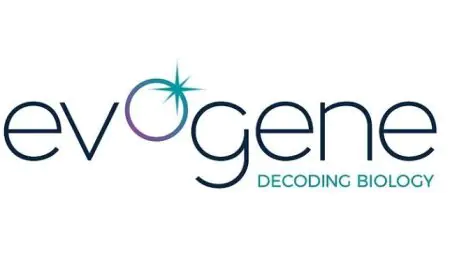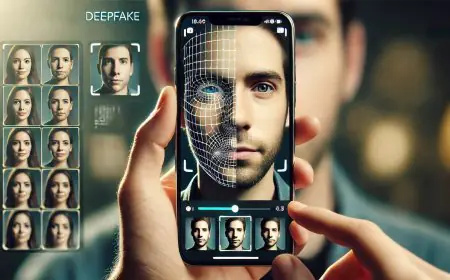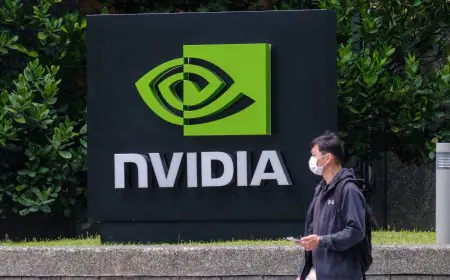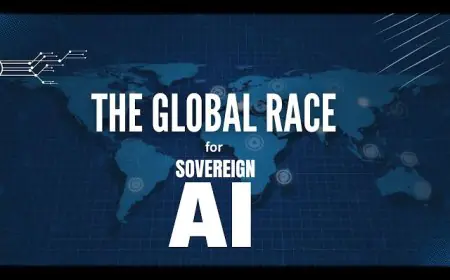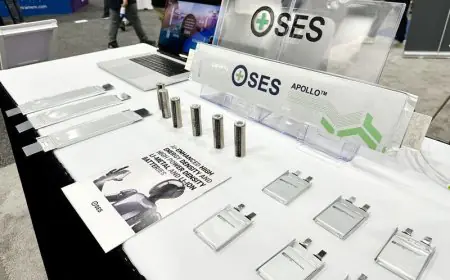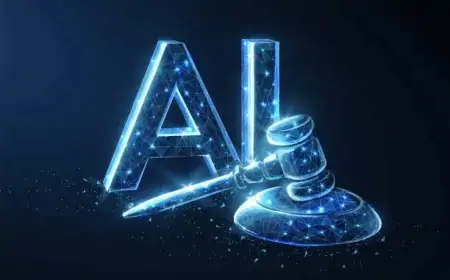Pope Francis Expresses Serious Concerns About AI Race, as Vatican Introduces new Rules
Pope Francis warns about the growing AI race eventually leaving humans in the shadows.

On Tuesday, a released document from the Vatican offered wide-ranging ethical guidelines for the application of artificial intelligence ranging from warfare to healthcare, with an underlying call that the popular technology must be used as a tool to complement, and not replace, human intelligence.
Pope Francis has issued several warnings about the potential risks posed by AI technology, and the document by the Vatican’s doctrine and cultural offices further explains what the pontiff has already said. With China and the United States locking horns on AI development, the Pope's words have proved timely.
The document emphasizes that human responsibility must grow in proportion to the new technology. Also, the document acknowledges that the impact of AI’s uses in various sectors “may not always be predictable from their inception.” AI shouldn't replace the richness of 'human intelligence.'
The document further warned that AI has the potential to increase instruments of war “well beyond the scope of human oversight,” which could provoke “a destabilizing arms race.” Besides, weapons systems that can identify and strike targets without human intervention will effectively remove “the uniquely human capacity for moral judgment and ethical decision-making,'' it said.
Key Areas of Focus
AI and Human Relationships
The document does not want AI to be a substitute for “authentic human relationships,” citing its lack of empathy as a risk when anthropomorphizing AI. It can only simulate areas, such as child development or interpersonal relationships.
AI and Search for Meaning
The document observed that there's a risk that “as society drifts away from connection with the transcendent, some are tempted to turn to AI in search of meaning and fulfillment, however these longings that can only be truly satisfied in communion with God.”
“The presumption of substituting God for an artifact of human making is idolatry, a practice Scripture explicitly warns against,” the document stated.
AI and Surveillance
Data privacy is a sticking point, thanks to advances in AI-powered data processing. This has made data privacy “even more imperative as a safeguard for the dignity and relational nature” of individuals, the document said. It went on to say that "the risk of surveillance overreach must be monitored by appropriate regulators to ensure transparency and public accountability."
AI and the Environment
The document also emphasized that AI may help fight climate change through various models to forecast extreme events, leading humans to better manage emergencies and help promote sustainable development. However, it also poses risks that are obscured by the use of words like “the cloud” that detach data storage “from the physical world.”
As a result, “it is crucial to recognize that its operation demands vast amounts of energy and water, contributing significantly to CO2 emissions,” the document said.
AI and Education
AI should be used to promote critical thinking, instead of being a tool to train “young people on how to amass information and generate quick responses.” Education is not about “filling one’s head with ideas,” but “is about taking a risk in the tensions between the mind, the heart and the hands,” the document stated.
In the same way, "schools, universities, and scientific societies are challenged to help students and professionals to grasp the social and ethical aspects of the development and uses of technology,'' the document said.
AI and Healthcare
AI indeed has the potential to enhance medical care, such as in diagnosing illness. However, the document said AI must be used to enhance and not “replace the relationship between patients and healthcare providers.” In addition, "decisions regarding patient treatment and the weight of responsibility they entail must always remain with the human person, and should never be delegated to AI,’’ said the document.
In all, the document calls for diligence on the part of those who share AI-generated content to verify “the truth of what they disseminate.”

